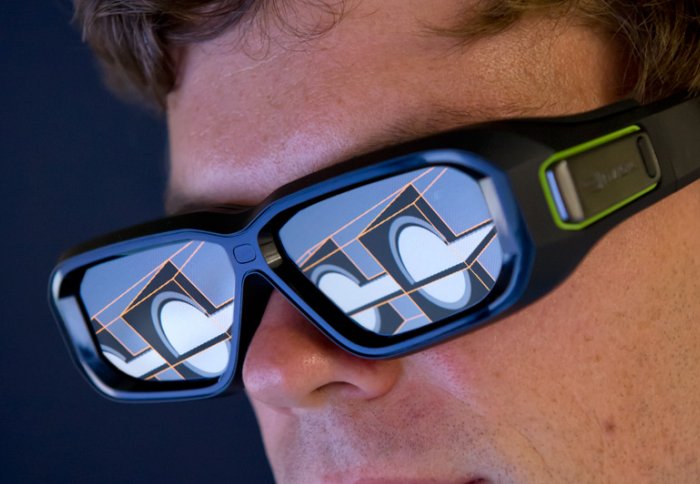Rock solid research gets a boost with new labs
by Colin Smith

Dr Sam Krevor
Exploring ways of storing CO2 deep underground in rock will be the focus of research carried out by scientists in £6 million laboratories
Thursday 13 September 2012
by Colin Smith
Exploring ways of storing CO2 deep underground in rock will be the focus of research carried out by scientists in £6 million laboratories, which were officially opened today.
Four laboratories were opened at Imperial College London that will enable scientists to study in high detail carbonate rocks and how fluids flow in them. These rocks are the predominant reservoir type in the Middle East, storing more than 70 % of the world's oil and gas reserves underground. In the future, countries may be able to mitigate the environmental impact of industry on the climate by capturing CO2 and transporting it via vast pipeline networks into depleted underground oil and gas carbonate rock reservoirs or carbonate rock aquifers - a process known as Carbon Capture and Storage (CCS). However, more work needs to be done to understand carbonate reservoirs in detail and their potential to store CO2.
The Imperial researchers working in the new labs are developing a deeper understanding of what happens to these emissions at the microscopic level by carrying out experiments to observe CO2 within the rock under reservoir conditions and modelling how it flows through tiny pores in the rock. This is then linked to imaging experiments and models on a larger scale, so that the researchers can predict what happens to CO2 when it is stored in carbonate rock reservoirs, which can be hundreds of kilometres in size. Combined, these models will give the researchers unprecedented detail about how to store CO2 efficiently and effectively in carbonate rock.
The research is part of the Qatar Carbonates and Carbon Storage Research Centre (QCCSRC). The QCCSRC was established in 2008 as part of 10-year, $US 70 million collaboration between Imperial, Qatar Petroleum, Shell and Qatar Science and Technology Park. The laboratories were officially opened by Mr Saad Al-Kaabi, Director of Oil and Gas Ventures for Qatar Petroleum, Mr Peter Voser, Chief Executive Officer of Shell, and Dr Tidu Maini, Executive Chairman of the Qatar Science and Technology Park.
The QCCSRC is run jointly by researchers in the Departments of Chemical Engineering and Earth Science and Engineering at Imperial. Professor Geoffrey Maitland, Director of QCCSRC from Imperial's Department of Chemical Engineering, says:
"Thanks to this long-term collaboration between academia and industry we now have the most advanced laboratories in the world for understanding carbonate rocks and the fluid flows within them. A deeper understanding will enable us to improve processes such as carbon capture and storage (CCS) and enhance oil recovery. These rock formations, which are located all around the world, including the Middle East, could provide us with a valuable repository for storing CO2, but more work needs to be done to understand how to lock away these greenhouse gas emissions effectively. We look forward to working even more closely with our partners from Qatar and Shell on research to make this CCS vision a practical reality."
In the video, Professor Martin Blunt and Dr Sam Krevor, based in the Department of Earth Science and Engineering, from QCCSRC discuss the work they are carrying out in the Qatar CCS Multiscale Imaging laboratory - one of the labs that were opened today.
Article text (excluding photos or graphics) © Imperial College London.
Photos and graphics subject to third party copyright used with permission or © Imperial College London.
Reporter
Colin Smith
Communications and Public Affairs